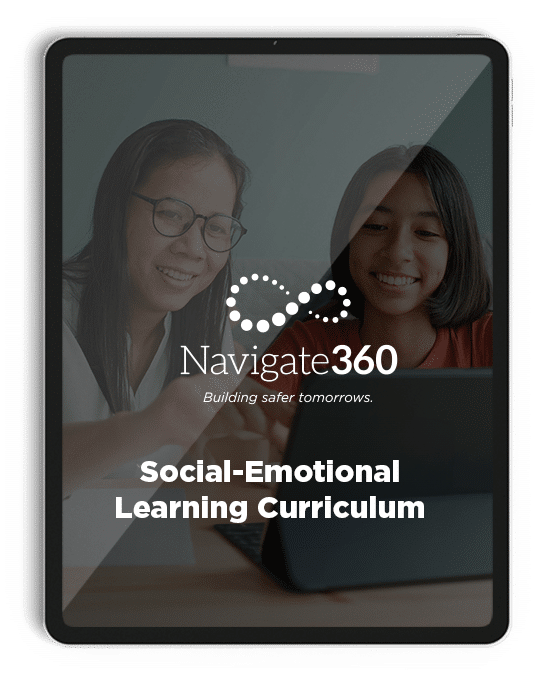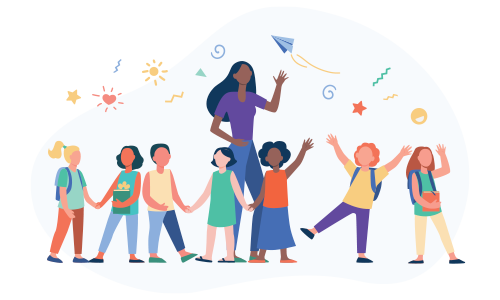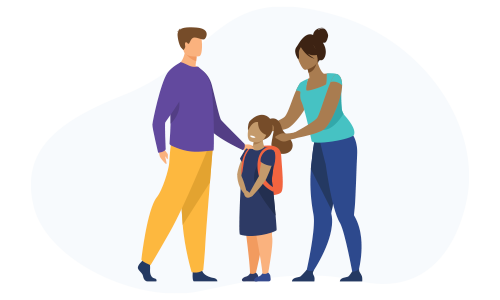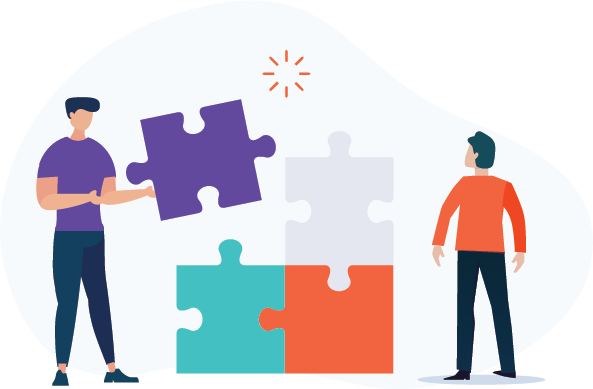Social-Emotional Curriculum and Training
Compass Curriculum for Students, Staff & Families
Equip your school community with tools to develop important social-emotional skills and achieve mental well-being.
- Hundreds of scaffolded lessons for students in grades PK–12
- Formative assessments to help educators gauge understanding
- Teacher Companion Guides to help differentiate instruction
- Family Resources in six languages for families to reinforce social-emotional learning at home
- Administrator Toolkits to reinforce the home-to-school connection

Compass Curriculum for Students
- Comprehensive social-emotional learning (SEL) curriculum that builds essential life skills and empowers students to achieve emotional well-being
- Lessons that are sequenced and delivered in a blended learning format
- Most extensive library of SEL lessons available across all 5 CASEL competencies
- Teacher Companion Guides
- Lessons scaffolded by grade to ensure developmental appropriateness


Compass Curriculum for Families
- On-demand, web-based lessons that align with student lessons to reinforce concepts
- Features vocabulary, conversation questions, home activities, and book suggestions to help deepen understanding
- Equips families with information to help them have easier conversations with their children
- Resources available in six languages: Arabic, Chinese, English, Korean, Spanish, and Vietnamese!
Compass Curriculum for Staff
- Creates a more positive learning environment with robust social-emotional learning and professional development
- On-demand, web-based lessons that align with student lessons to ensure a consistent message
- Builds background knowledge, reinforces concepts, and provides guidance on teaching sensitive subjects

What Do Customers Think of Compass Curriculum?
Frequently Asked Questions
Looking for answers about Compass Curriculum?
You have questions about our social-emotional learning curriculum, and we have answers! Use our frequently asked questions to help you find the answers you need to help you determine if Compass Curriculum is right for your schools.

What is Compass Curriculum for Students, and why is it important?
Compass Curriculum for Students helps students reach their full potential and thrive with evidence-based SEL lessons that build essential social, emotional, and life skills. Navigate360 offers the most extensive library of SEL lessons available.
Why is social-emotional learning curriculum important to my students, families, and staff?
Studies show that students who receive explicit social-emotional learning instruction performed better academically, had fewer behavior incidents, and that each dollar spent on SEL instruction yields an $11 return.
Why should we choose Navigate360’s Compass Curriculum?
With over 500 lessons, Compass has the largest SEL library, with programming that is sequenced, active, focused, and explicit. Our lessons are designed, and built by educators, administrators, and school counselors, that are culturally responsive and include the most recent topics and themes students are facing today.
Why use Navigate360?
Navigate360 is the leading provider of layered, holistic safety and well-being solutions tailored to the unique needs of schools and educators. By focusing on the challenges school administrators face in keeping students and staff safe, we provide the right mix of products, training, and guidance to help schools implement effective safety, intervention, culture, and climate programs toward the achievement of zero incidents.
GUIDE
The Complete Guide to Social-Emotional Learning
Creating safe learning environments requires an emphasis on social and emotional safety as well as physical safety. A critical component is a solid, evidence-based social-emotional learning (SEL) curriculum that helps students succeed academically, socially, and emotionally. Aligned with the core competencies set by CASEL, one of the pioneers of social-emotional learning, Compass Curriculum provides crucial instruction to students of all ages, genders, and cultures.
Additional Resources
How to Prioritize Educators’ Mental Health and Avoid Burnout with SEL
Teachers are the backbone of the education system, and a large body of research suggests healthy, happy teachers are essential to ensuring quality student education.
Learn MoreHow Schools Can Support Students Mental Health
The growing youth mental health crisis is putting more pressure than ever on school leaders to respond and protect students before issues escalate. Learn eight ways you can support student mental well-being on your campus.
Learn MoreContact Navigate360
Request a Demo of Compass Curriculum
Discover how you can use Compass Curriculum to support the development of social-emotional skills and mental well-being. Speak with one of our safety & well-being specialists today.


